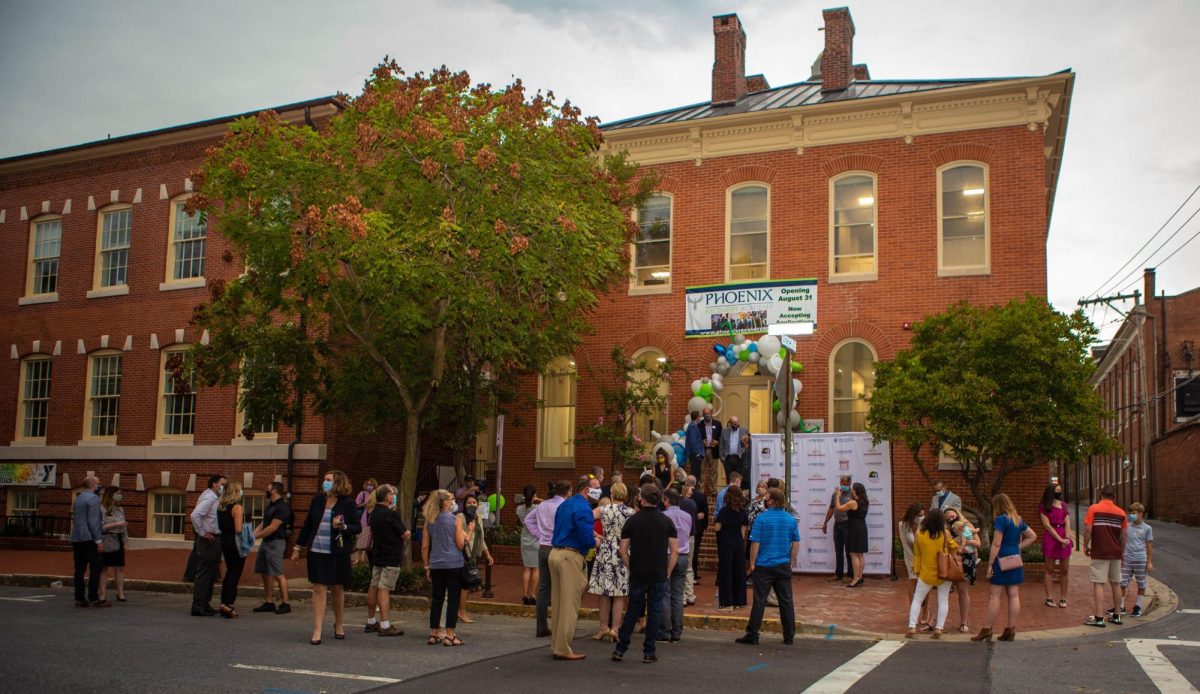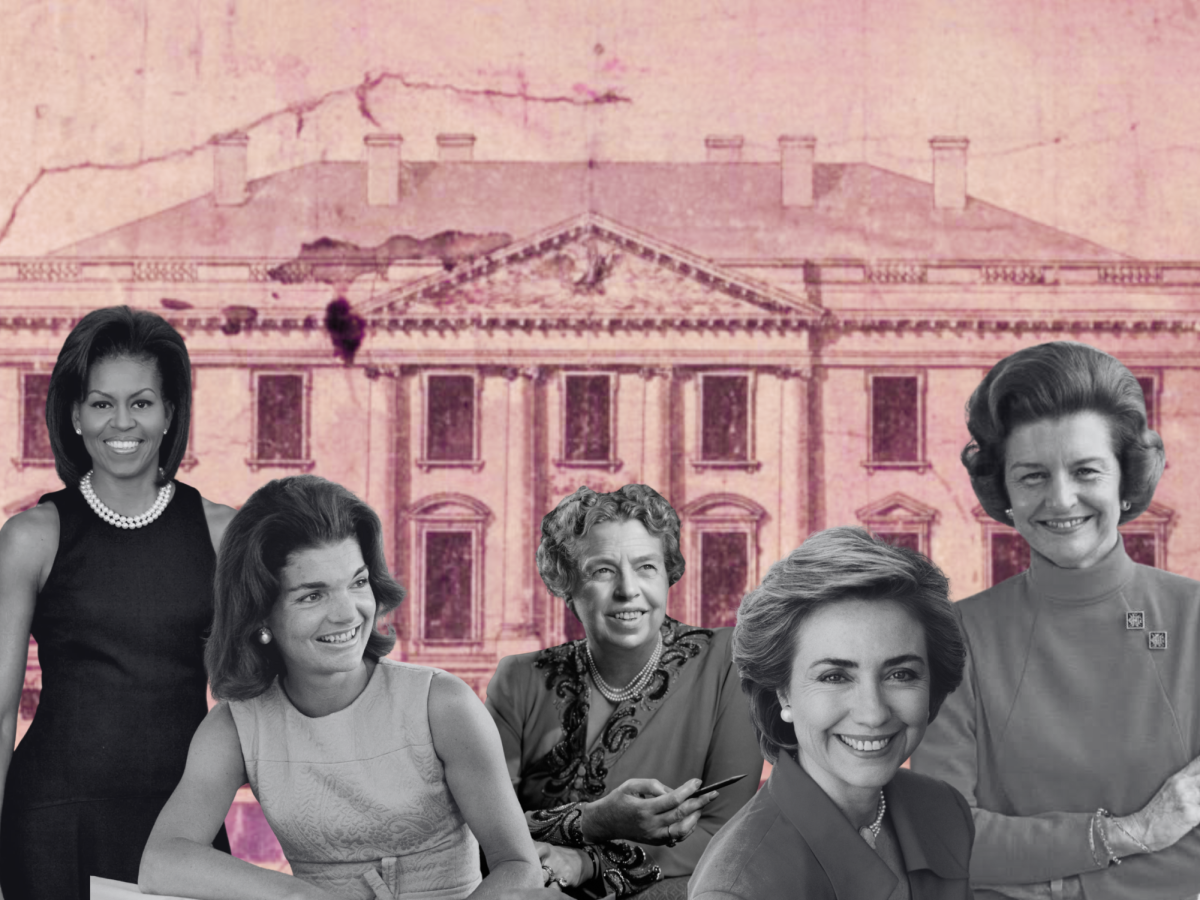Last year, a group of students at Maryland petitioned the current President Loh of the university to change the name of the Byrd Stadium, which is named after Dr. H.C. “Curley” Byrd—an alleged racist who advocated for separate but equal education. The football stadium was originally named after Byrd because he was a former head coach of the UMD football team and university president from 1935 to 1954.
Loh responded by creating a work group to consider the issue, which will report on its findings December 11.
“The work group has met several times and has now formed subcommittees to focus on issues of history, policies and other factors,” said Brian Ullmann, UMD Associate Vice President of Marketing and Communications.
Because football at Maryland is such an important part of life for students, they have varied opinions on the name of Byrd Stadium.
Maryland sophomore Jorge Richardson (‘14) said that while he absolutely disagrees with Byrd’s racist views, Byrd’s role in the expansion of the football program and the university itself justifies the stadium naming. He also said that he had not previously been aware of Byrd’s racial opinions.
Maryland freshman Mia Carmel (‘15) shared Richardson’s view that while not acceptable in today’s society, Byrd’s political standpoint does not detract from his contribution to the university.
“President Byrd is part of [The University of Maryland’s] history and I think it is a waste of time and energy to change the name when we could use that same passion and energy to educate students on the topic and also to end racism on this campus,” said Carmel. “I think it’s far more important to focus on the present issues of racism rather than dwelling on the past.”
Colin Byrd (no relation to Curley Byrd), senior and chief lobbyist for the UMD branch of the NAACP, said that he hopes the stadium is renamed after Daryl Hill, who became the first African-American football player in UMD history in 1963.
“This isn’t just about segregation in public schools, it’s also about segregation of college football and college athletics as a whole,” said Byrd.
History and modern sensibilities leave the University of Maryland at a crossroads. The working group’s upcoming decision will indicate how the school chooses to move forward into the future.









Robert Lurie • Nov 7, 2015 at 10:54 am
Very informative. It seems that remnants of racial demeaning still exists in Maryland. Time to change